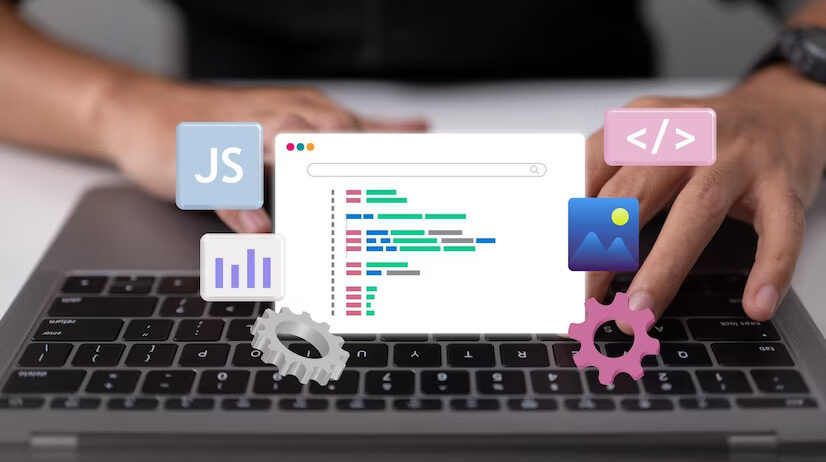Node.js: Apps and The Main Things You Need To Know
One of the most popular software development tools is JavaScript, the most popular programming language. Originally used as a web front-end development tool, it has evolved into a significant cross-platform mobile development tool, the foundational technology for several platforms.
Yet, this is not all of JavaScript’s use cases. Moreover, server-side programming is done via JavaScript. Node.js was one of the technologies that led to this change in web development.
What Exactly is Node.js?
The V8 JavaScript engine runs Google Chrome and is the foundation of the open-source, cross-platform runtime environment known as Node.js. With Node.js, programmers may execute JavaScript code on the server side, enabling the creation of scalable and fast network applications.
Because of its event-driven, non-blocking I/O approach, which enables the development of real-time, data-intensive applications with high throughput and the ability to support several concurrent connections, it has gained popularity among Node js web development companies.
Applications of many kinds, including web servers, API servers, real-time chat programs, streaming programs, and more, may be created using Node.js. It also features a large ecosystem of third-party modules readily added to applications by developers thanks to npm, the biggest package repository in the world.
Apps for Node.js
A broad range of apps utilizes Node.js. Let’s look at some common uses for Node.js where it makes sense to utilize it:
Live Conversations
Because of its single-threaded asynchronous nature, Node.js is particularly suited to handling real-time communication. It is often used to construct chatbots and is simple to grow. Node.js also makes it easy to develop extra chat capabilities like multi-person chat and push alerts.
Network of Things
Since IoT applications routinely provide little data packets that might accumulate into several requests, most sensors are used. Node.js is an excellent option since it can swiftly manage numerous concurrent requests.
Streaming Data
Businesses like Netflix utilize Node.js for streaming. This is mostly because Node.js is lightweight, quick, and offers a native streaming API. Users may pipe requests via these streams to send data directly to their intended destinations.
Single-Page, Complicated Apps (SPAs)
With SPAs, a single page loads the whole application. This often indicates that a few requests for specific components are being made in the background. The event loop in Node.js saves the day by handling requests non-blocking.
REST API-Based Software
Both the front end and the back end of websites employ JavaScript. As a result, a server may connect with the front end utilizing Node.js and REST APIs. Moreover, Node.js offers packages that make creating web apps much simpler.
Aspects of Node.js
Let’s now talk about some of NodeJs’ features:
Inherently Asynchronous And Event-Driven
Servers built using Node.js never have to wait for API replies. It advances immediately to the following API without waiting for the data from the previous API. As a consequence, the whole NodeJS library of APIs is non-blocking. It uses an event-driven method to receive and monitor all replies to earlier API queries. As a result, we may conclude that the NodeJs APIs are entirely non-blocking.
Architecture For A Single Thread
NodeJs adheres to a single-threaded design with event looping, which increases NodeJs’ scalability. They generate fewer threads than other servers do to handle requests. The NodeJS servers respond non-blocking or asynchronous for the event-driven mechanism, making NodeJS more scalable. NodeJs may be said to handle more requests than other conventional servers like Apache HTTP servers. NodeJS runs a single-threaded application, which enables it to handle a large number of requests.
Scalable
Currently, most enterprises desire scalable software. NodeJs takes care of scalability, one of the most crucial problems in software development. With NodeJs, concurrent requests may be managed quite well. NodeJs uses a cluster module to provide load balancing across all of the active CPU cores. The most compelling aspect of NodeJs is its ability to split programs horizontally, primarily made possible by using child processes.
Conclusion
Thanks to Node.js, JavaScript is the preferred full-stack technology for building online applications. Speed is crucial in places like social networks, gaming applications, live chats, forums, stock market software, and ad servers. Since it is speedy and scalable, Node.js is the preferred choice for data-intensive, real-time IoT devices and applications.


















